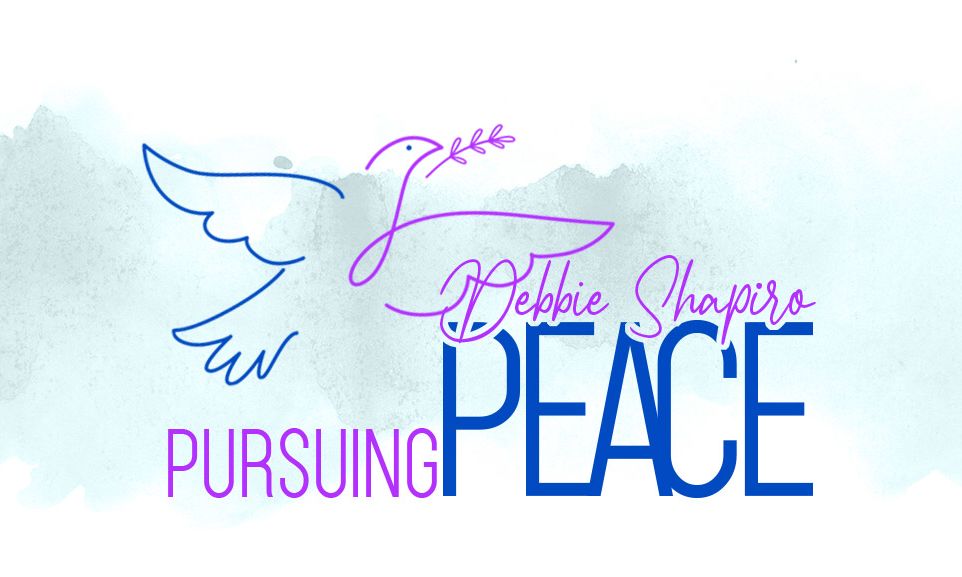
Pursuing Peace
I had been warring with my closest friend for an unbelievable three years. No communication had passed between us this entire time, despite the fact that ... This beautiful story tells how one woman asked for forgiveness, pushed aside resentment, and discovered a new world of understanding and peace. Don't wait for Rosh Hashanah - DO IT TODAY!

The ten days between Rosh Hashanah and Yom Kippur are days of prayer and introspection. We are standing on trial, and nothing less than our lives are hanging in the balance. We arise early to recite slichot, we give tzedaka with an open hand, and tearfully say additional tehillim as we beseech our Maker to grant us the precious gift of life and the opportunity it provides to perform more mitzvot.
But Yom Kippur – and the spiritual preparation that goes into it – only atones for sins between man and his Creator. What about sins between man and man – bein adam l’chaveiro? The halacha is that a person must ask forgiveness from the person he has harmed.
It’s difficult to ask for forgiveness. It means (gulp) actually admitting that we’ve done something wrong! And then, if we expect others to forgive us, we must also learn to forgive, to push away our own resentment, to see beyond superficial behavior as we discover that tiny spark of Godliness that exists within each of us.
It’s a tall order. This beautiful story tells how one woman asked for forgiveness, pushed aside resentment, and discovered an entirely new world of understanding and peace. Enjoy!
Debbie Shapiro
* * *
Pursuing Peace
We live in a world where happiness and peace of mind are rare commodities. Everyone is searching for them, few have acquired them. Over 2,000 years ago, Judaism’s most prolific poet, King David, provided us with the secret to securing a long, tranquil life. In Psalm 34, the Sage advises, Who is the man who desires life, who loves many days, that he may see goodness? Guard your tongue from evil, and your lips from speaking deceit. Depart from evil and do good, seek peace and pursue it.
The formula is straightforward, but sadly, our world seems to have turned it upside down: gossip has become a normal, accepted form of communication; deceit is anticipated in almost every aspect of business relationships; and wild, savage wars are the trend of the day. Although this grand mess may seem hopeless, we aren’t tasked with repairing the entire world, only with helping to improve our little corner of it. I recently discovered that following King David’s advice to pursue peace in the repair of that little corner yields unexpected and exponential rewards.
I had been warring with my closest friend for an unbelievable three years. No communication had passed between us this entire time, despite the fact that we had in the past spoken almost daily. My friend didn’t even know that we had a new addition to our family, or that my oldest daughter was turning bat mitzvah, or for that matter, basics like our new address.
I had every right to be very angry, for my friend, whom I had turned to at a time of great need, had refused to help me, for no apparent good reason.
It’s amazing how I adjusted to carrying around so much resentment, and even more amazing that I wasn’t aware of the energy drain that maintaining such anger demanded. Then, one afternoon, as I was helping my third grader with his tehillim project, I rediscovered the wise words of King David, Seek peace and pursue it. I thought about these five straightforward words, a formula for living. As I explained to my third grader, peace – shalom in Hebrew – is considered the greatest of all blessings. Peace is one of Hashem’s names, and we pray for it daily – for it to be within us, between us, and on our borders. It is the ultimate blessing. Without peace, a person is left crippled.
I thought about my friend. It seemed that King David was speaking directly to our silent war. Someone had to call a truce, to run after peace. Suddenly the alternative seemed appalling. Why would anyone choose to live with strife when tranquility is so pleasant? True, to achieve peace I did have to ignore the fact that I was on the right side of a wrong.
It’s not easy to pursue peace. As the great tzaddik, the Baal Shem Tov, observed, The I gets in the way. Ego and pride obstruct the clarity that there is no greater gift for the soul than peace. Our world is replete with discord and confusion because we focus on the I and forget that the other person has one too.
I didn’t want to dwell any longer in the muck of resentment. I realized that to rectify the rift with my friend, I had to put my aside my I and accept her as she was, not as I wanted her to be. The ultimate expression of peace is forgiveness; I had to forgive her. Meeting anger with anger would only strengthen its presence in the world, forgiveness would increase peace. It was too important an opportunity to pass up.
I made that phone call, and with that seemingly small gesture I became greater than myself: my I expanded through emulating the ultimate Forgiver. On a deeper level, I was blessed with a glimpse of the true kindness of Hashem, who sustains the world with forgiveness, even when we don’t deserve it, even if we don’t apologize.
With this new understanding, I felt truly humbled, and I searched for ways to pursue peace: I ignored my husband’s grousing when he didn’t like the way I had ironed his shirts; I didn’t pay attention to my sister-in-law’s thoughtlessness in never returning my phone calls; I began to say “hello” to people first, without feeling insulted if they didn’t respond with enthusiasm. In other words, I began to actively overlook the shortcomings of others.
Then an amazing change occurred. I began to experience the wonderful qualities in my family and friends and co-workers, qualities that I had overlooked with too critical an eye: my husband’s great sense of humor and the twinkle in his eyes; my sister-in-law’s clever way of making each person feel at ease; my neighbor’s perfect sense of organization.
I began to understand the wisdom of our Sages in pursuing peace. Anger destroys the angry person, not the object of the anger. Of course, there are times when peace is not an option, when the enemy seeks to injure or destroy you. But the petty obstacles that cause strife are only the seedlings of needless suffering and confusion. They are distractions that shorten our days and rob them of meaning. The blessing of peace is length of days, a prescription for being written in the Book of Life and Success.
In this season of Elul, when rectification is at our fingertips, may we all remember the wise words of King David and repair the world by bringing peace to it and making that ultimate phone call, even if we know that we are on the right side of a wrong.
In memory of my father, Yaacov ben Yehuda Leib, on his Yahrzeit, Elul 5.


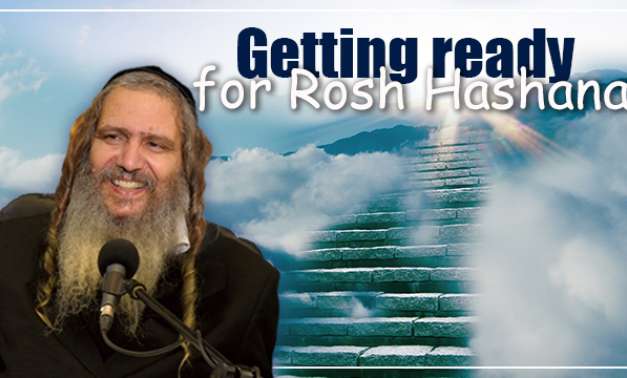
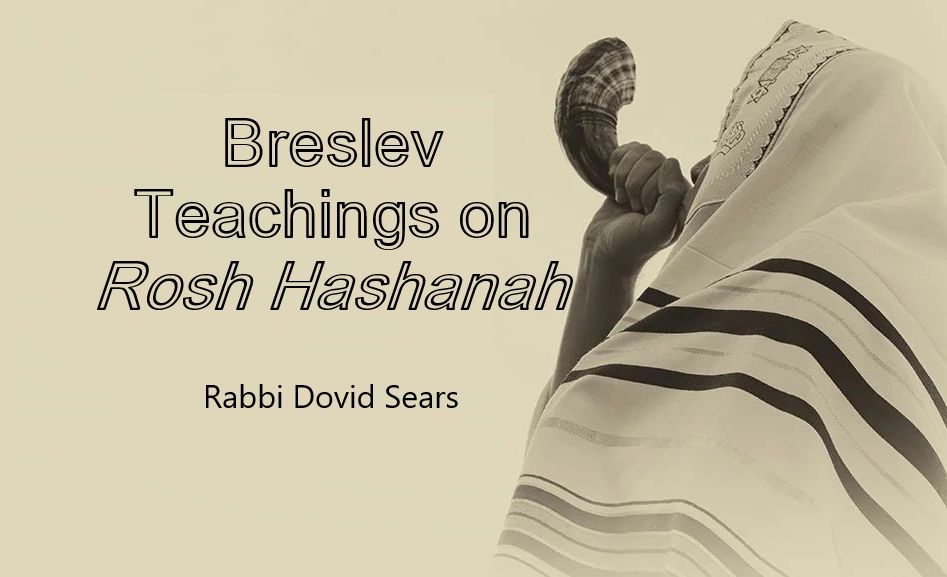
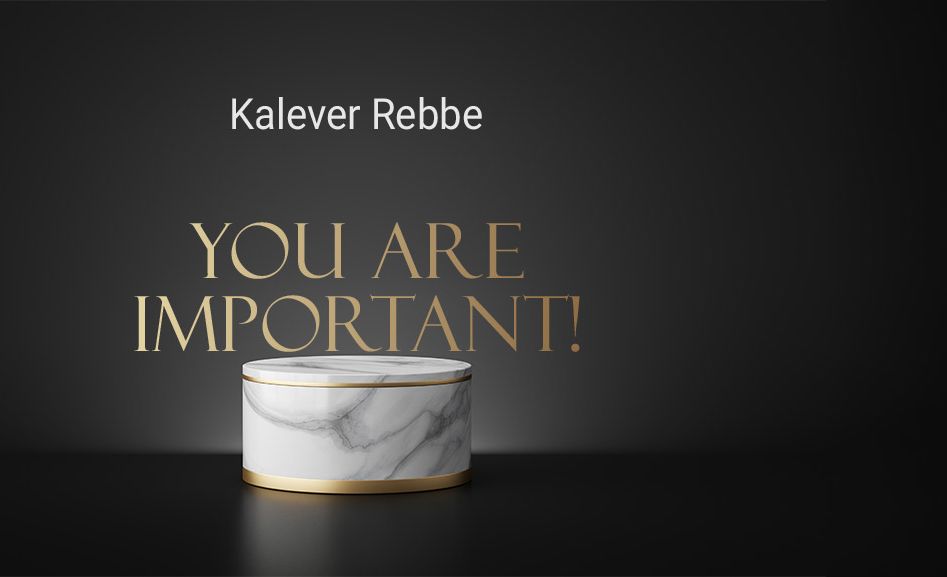
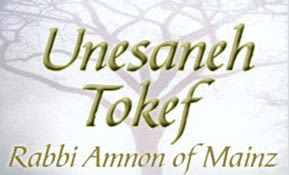

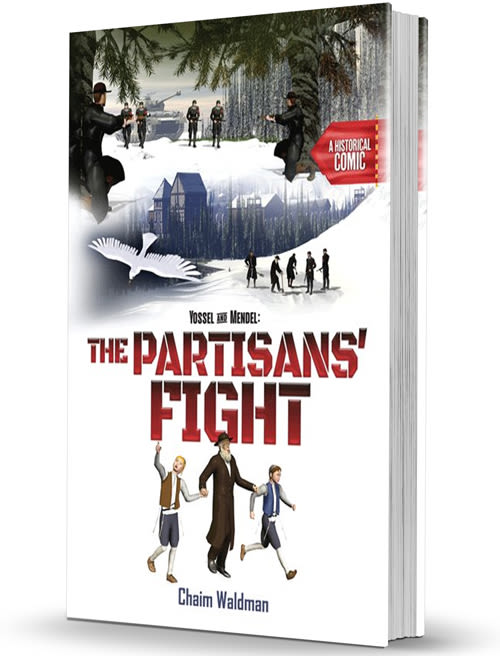

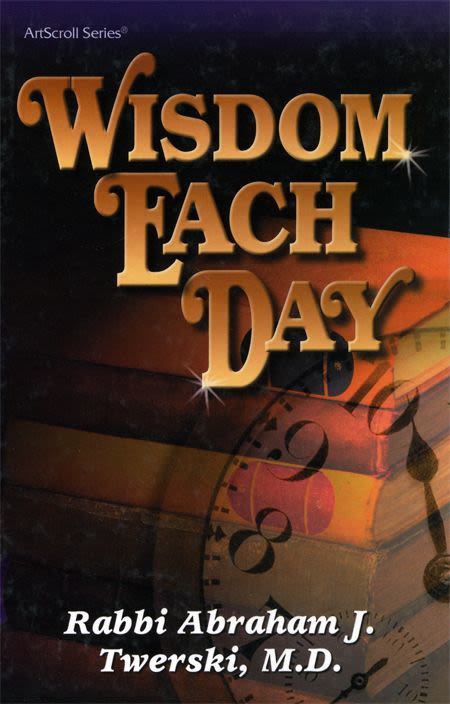
Tell us what you think!
Thank you for your comment!
It will be published after approval by the Editor.